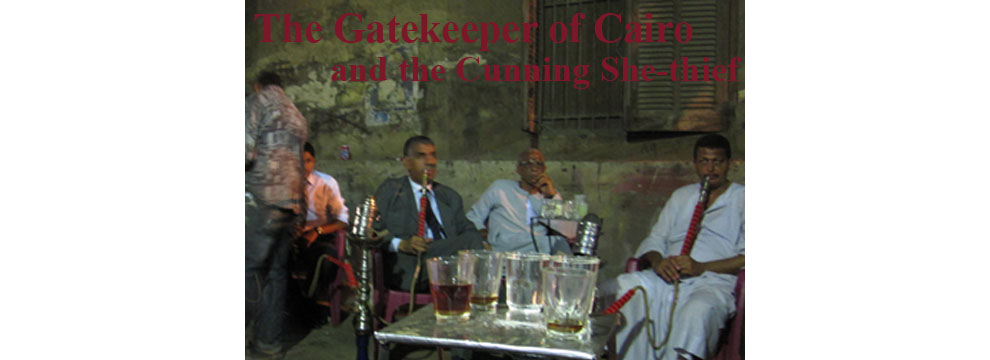There are lots of protests here. But so far no significant movement on political reform or the lifting of the Emergency Law. Parliamentary elections are in October 2010 and presidential in early 2011. I heard Nathan Brown speak a few weeks before moving here and he emphasized that the Muslim Brotherhood was at a critical point after experiencing success in the 2005 elections but then being largely banned from participating in the 2007 and 2008 elections. It will be interesting to see how the Muslim Brotherhood navigates the upcoming elections (and how the government deals with the Brothers) and what position the Obama regime will take in terms of placing pressure on Mubarak to open up the elections. Adam Shatz offers an interesting view on the subject, stating that both the Mubarak regime and the Muslim Brotherhood "have reason to portray the Brothers as the only real alternative to the regime." According to Shatz, for the government the image of a Muslim Brotherhood electoral victory allows them to appeal to the West and evade any pressure for democratization. For the Muslim Brotherhood, it allows them to maintain their influence in Egypt and avoid total annihilation at the hands of the Egyptian security services.
Like Shatz, I have heard a few different names for the presidential race if the aging Mubarak decides not to run: Gamal Mubarak, his son; Omar Suliman, head of the Egyptian General Intelligence Services and one of the lead negotiators between Fatah and Hamas; and finally, Mohammed ElBaradei, the previous Director General of the International Atomic Energy Agency. 2010-2011 will be an interesting year to test Shatz's theory that the National Democratic Party, Mubarak's party, and the Muslim Brotherhood have a shared interest in limiting the role of any other opposition party or movement, particularly in light of Brown's observation of growing frustration among the Brothers following what they view as a political re-stagnation since the 2005 parliamentary elections.

No comments:
Post a Comment